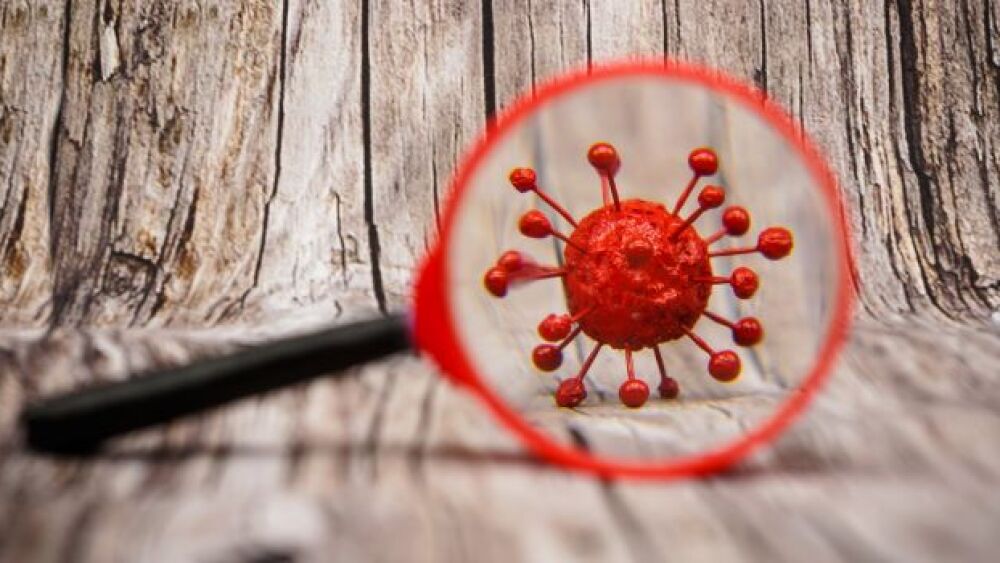Merck is getting its chance at participating in the pandemic. The FDA has announced an outside expert panel will meet on November 30 to deliberate on Merck’s COVID-19 pill.
Merck is finally getting its chance to participate in the pandemic. The FDA has announced its outside expert panel will meet on November 30 to deliberate Merck’s pill for COVID-19 infection.
The past two years have seen the life science industry working overtime developing tests, vaccines, and therapeutics to detect, prevent, and treat the novel coronavirus. Pharma giant Merck has had a fair share of failures in its efforts, but its final attempt, molnupiravir, is in its final push to approval.
Merck submitted its antiviral drug to the FDA for approval on October 11. The FDA has foregone their typical expert advisory panels on all previously approved coronavirus vaccines. This will be the first such meeting for a therapy aimed at COVID-19.
“We believe that, in this instance, a public discussion of these data with the agency’s advisory committee will help ensure clear understanding of the scientific data and information that the FDA is evaluating,” said Dr. Patrizia Cavazzoni, director of FDA’s drug center.
Treatments and vaccines developed for this pandemic have been met with more public scrutiny and distrust than ever before, driven by the US’s highly polarized political scene. The FDA’s decision to host this panel before their decision is reflective of their efforts to address public skepticism.
The panel will make its recommendation based on the data in front of them. Then the FDA will make a ruling. While the agency follows the recommendation of the committee around 80% of the time, it is not required to.
While the drug proved itself effective in late-stage trials, cutting the risk of severe illness and hospitalization in half, there are some questions swirling in the scientific community regarding the potential effects of the drug.
Molnupiravir, whose name was inspired by Thor’s hammer, Mjölnir, works by incorporating into the virus RNA to cause mutations to the replication process. With a scattershot effect, it adds more and more mutations until the virus genome can’t make any more copies, an event called “error catastrophe.”
Researchers at University of North Carolina conducted a study where they exposed hamster cells to the drug for 32 days. At that exposure level, the drug caused low levels of mutation in the hamster DNA.
This raises the question of whether or not taking Merck’s COVID-19 drug for five days, twice-a-day could pose a risk to human DNA mutations. It’s important to note that Merck said its team conducted its own experiments in lab rats, not isolated cells, and found no evidence of DNA mutations. Merck’s scientists pushed back saying studies on cells in a lab dish are not relevant to how an entire human would be affected.
“It’s really an unknown risk,” Ronald Swanstrom, an author of the UNC study said of the mutations. “It’s someplace between an inconsequential risk and an important risk.”
He agrees the drug is promising though and believes more research is needed. Until then, the FDA could limit the drug to people who would really benefit – the elderly and immunocompromised at greatest risk for serious illness and hospitalization. To err on the side of caution, the drug could be avoided in those of childbearing age.
Merck’s trial excluded pregnant and breastfeeding women, as most drug studies do, and those of childbearing age were asked to use contraception.
Another major pushback on Merck’s COVID-19 pill is the cost. While Merck did none of the original research itself, it will be charging the US government over $700 per five-day treatment. Independent analysis estimates a sustainable generic price with a 10% profit margin built in would be $20 a round. Doctors Without Borders is hitting Merck hard at the pricing as well as the licensing agreements, allowing only Indian generic companies.
At least three more oral COVID-19 pills are far enough down the track that clinical data is expected by the end of the year: Atea Pharmaceuticals and Roche, Fujifilm and Dr. Reddy’s Laboratories, and Pfizer.






